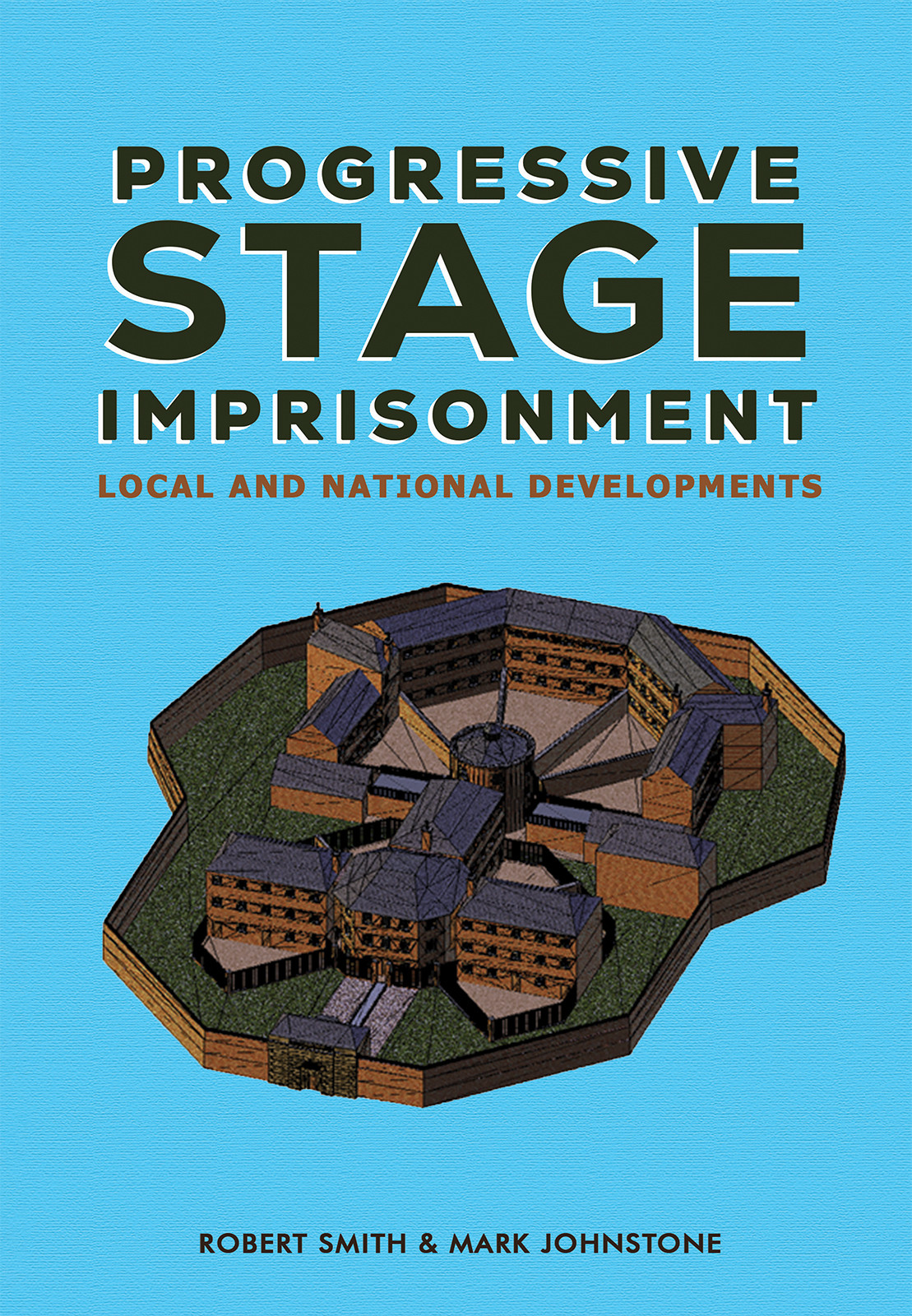Robert Smith was once employed by a distribution company with a depot and offices in Southwell, Nottinghamshire. The site had enjoyed several past uses including a prison for the county. Occasionally, visitors arrived at the premises in search of information concerning their forebears thought once to have been wardens or prisoners. Usually, company staff members were unable to provide much help. This situation sparked Rob’s interest which led to concerted research from 2011, exactly four hundred years after the first version of the prison, the Nottinghamshire House of Correction, had been established nearby.
From a brief account in a book by local historian, Julie O’Neill, The Life and Times of J T Becher, about a local clergyman and magistrate, it was learnt that the prison had been visited by two eminent self-appointed prison reformers, John Howard and James Neild, who had, along with Becher, been instrumental in improving the institution in terms of the health and rehabilitation of inmates.
The research confirmed the importance of the Southwell regime for reforming prisoners and, in combination with a complementary Gloucester system, it was recommended for national adoption. Following visits to prison museums, national and county archives and libraries, including Gloucestershire, the research led to a small book, Nottinghamshire House of Correction, Southwell (1611–1880), A Model Institution, published by the Southwell Local History Society in 2015.
Subsequently, Rob has been engaged in more studies with their basis in the history of the county, some of which have resulted in talks, magazine articles and chapters within books. Recently, he conducted an extensive study of another Becher project centred on Nottinghamshire’s involvement in a national emigration scheme to southern Africa. The resulting substantial book entitled Nottinghamshire Settlers and Locations in the Eastern Cape of Good Hope was published in 2020 in South Africa to coincide with bicentennial commemorations of the story generally known as the ‘British 1820 Settlers’.
For some time, Southwell resident, Mark Johnstone, has taken an interest in researching the local prison story and its importance in a national and international context. After a relevant academic career and with a background of experience within and around the criminal justice system for over 20 years, especially the probation and youth justice services, he agreed to join Rob as co-author in this new work, and his contribution has proved to be invaluable.
Mark has previously published work on men, masculinity and offending within the probation context. He has worked in senior management positions across the criminal justice system for over 12 years and has implemented many new projects ranging from ‘reoffending hubs’, prison pathfinder programmes in London, and ‘Through The Gate’ in West Yorkshire.
Leading change and promoting new ways of working are key to making progress within the criminal justice system but this is often set against a backdrop of financial constraints and political inconsistencies. This text will highlight the continuous challenges facing those who want to improve the prison system as it looks back at key developments in progressive stage imprisonment since the 19th century. There are lessons to be learnt.


.png)









